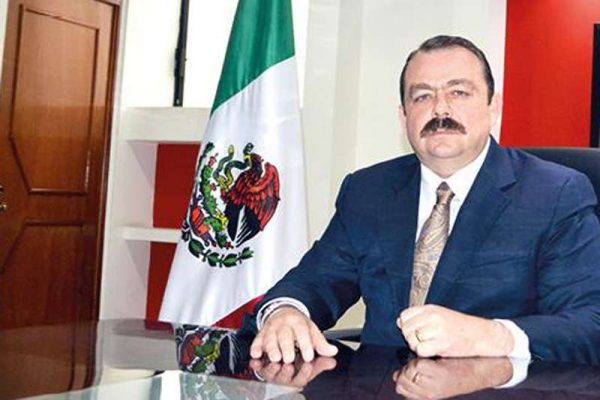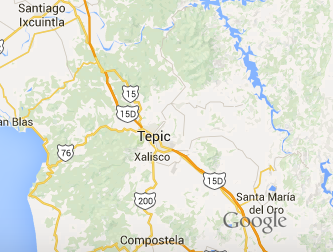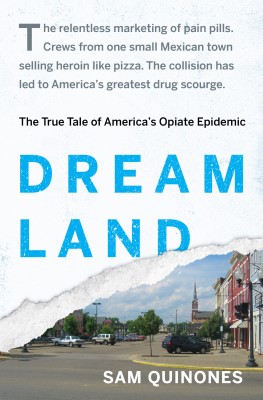In fascinating news from Mexico’s heroin world, Edgar Veytia was arrested Wednesday at the San Diego-Mexico border.
Veytia is the Attorney General for the state of Nayarit, and a figure bigger in the public mind than the state’s governor – which is rare in Mexico.
He was charged under an indictment out of New York alleging that he conspired to smuggle heroin, cocaine and methamphetamine into the United States.
Those who’ve read Dreamland know the importance of Nayarit in our heroin supply. Many have alleged that Veytia protected the heroin trade, in an alliance with a large and new cartel known as Jalisco New Generation, who has taken control of the region over the last six years.
Proceso, the Mexican new weekly, recently published this article calling him the “dark Prosecutor,” and repeating allegations that he had protected the drug trade.
Veytia began his career simply enough, as an attorney handling the taxi concessions for the city of Tepic. But in time, he was place in charge of the state’s anti-kidnapping squad and from there elevated to Attorney General.
(Stay tuned for a blog post later today about my own (brief) encounter with Edgar Veytia.)
In Nayarit, he has promoted an image of himself as a tireless, almost God-like, fighter against crime, subduing the violence that racked the state during 2010 and 2011. The governor of Nayarit named him government official of the year.
Veytia has several corridos – ballads – written about him, promoting this image. The words to one song read, in part:
“Nayarit was a war zone, body mounted and the state needed a miracle sent from the Lord above.
Edgar Veytia is the name of this miracle, who returned peace to the land, risking his life
He’s been able to let people feel better, in a peaceful state and for that I thank God.”
In February, the Mexican Marines shot it out with – and killed – a wanted leader of the Beltran Leyva Cartel — Juan Francisco Patron Sanchez, aka H2 – who lived a few doors down from Edgar Veytia in the city of Tepic, Nayarit’s capital.
https://youtu.be/NNMZL5fX24k
A businessman in Los Angeles who is from Nayarit, in an interview in 2014, told me Veytia had him kidnapped. (More on that interview later.)
So far, it’s unclear how Veytia was at the border and able to be arrested. I suppose we’ll hear more on that as the case unfolds.
Leaving aside the charges against Veytia, the Mexican drug trade since its origins in the 1970s has depended on political protection, collusion and corruption.
More later today when I have time to write.





